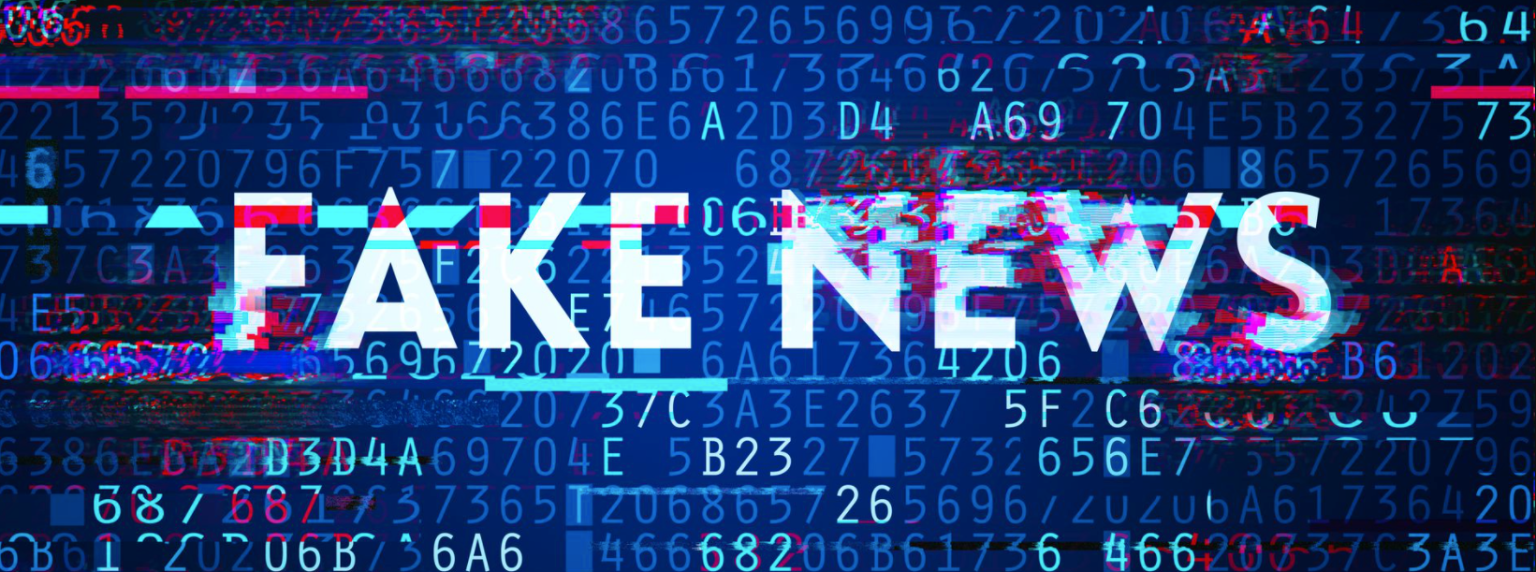This week the Inter-American Press Association (IAPA), together with 25 other organizations representing media companies, magazines, publishers, and the academic publishing sector, released the Global Principles for Artificial Intelligence (AI). They call for intelligent systems to protect and respect the intellectual property of content generated by the media and other content producers. The topic will be part of the debates of the next Global Summit on Disinformation that will be held online on September 27 and 28, with prior registration at this link.
IA and the media at the epicenter of the Summit
This topic will be a central part of the debates that will be opened in the next edition of the Global Summit on Disinformation. There, leaders from the technology sector, such as Google News Initiative, will share their advances in relation to the journalistic use of these tools. The same will happen with a promising initiative led by Spain’s Europa Press, which seeks to create early warning mechanisms for journalists on false or suspicious information, based on artificial intelligence developments.
As demonstrated at the annual meeting of Reader Advocates in Europe, there are already several media outlets such as Reuters or the Financial Times that have started to anticipate AI-generated damage, providing guidance to their journalists on how they should use these tools. They recommend that reporters monitor any story generated by artificial intelligence. The work of the Public Ombudsman area of the Spanish newspaper El País, which could present part of its recommendations in the framework of the Global Summit on Disinformation, is in this line. The director, Pepa Bueno, has commissioned the Technology section to carry out fieldwork prior to any decision and the Editorial Committee of that media, which represents journalists, has asked the management for specific training in AI for editors and an internal reflection to ensure the way in which they should work with content coming from artificial intelligence tools. These debates will be part of the whole program of the Global Summit on Disinformation.
The content that feeds AI
The entities’ Statement remarked that AI systems are as good as the content they use to train them and, therefore, developers of generative AI technology «must recognize and compensate publishers accordingly for the tremendous value their content brings to the development of these systems.» News/Media Alliance President and CEO Danielle Coffey said, «These Global AI Principles demonstrate widespread agreement among publishers around the world that their intellectual property, which is the product of significant investments they have made to provide quality journalistic and creative content, must be recognized and respected.»
Angela Mills Wade, executive director of the European Publishers Council, said, «The Global Principles for AI pave the way for a powerful convergence of innovation and ethical AI development. We call on regulators to establish legal frameworks that drive innovation and create new business opportunities, while ensuring that AI is developed in a responsible and sustainable way for the publishing and journalism sectors, fully respecting their intellectual property rights,» she added.
Therefore, they urge AI system developers to consider:
- Respecting intellectual property rights by protecting organizations’ investments in original content.
- Provide granular transparency to enable publishers to enforce their rights when their content is included in training datasets.
- Clearly attribute content to the original publishers of the content.
- Recognize the invaluable role of publishers in generating high-quality content for training and also for its presentation and synthesis, among other principles that make up the list of requests.
Principles for regulating the use of AI
SIP, one of the organizers of the Summit along with Proyecto Desconfío and the Fundación para el Periodismo, is one of the signatories of the Global Principles for Artificial Intelligence that seek to provide guidance for the development, implementation, and regulation of AI systems and applications. This statement aims to ensure the continued ability of publishers to create and disseminate quality content, requiring the responsible development and implementation of AI systems and applications, stating that «these new tools should only be developed in accordance with established principles and laws that protect publishers’ intellectual property, brands, consumer relationships as well as investments». They explicitly state that the «indiscriminate appropriation of our intellectual property by AI systems is unethical, harmful, and an infringement of our protected rights.»
Among the promoters of the initiative, besides SIP, there are also several media partners of the Global Summit on Disinformation such as the Asociación de Medios de Información (AMI, Colombia) or the Asociación de Entidades Periodísticas Argentinas (ADEPA) that will be part of this open and free event that will take place online on September 27 and 28.
The III Global Summit on Disinformation is organized by the Inter-American Press Association, the Fundación para el Periodismo (Bolivia), and Proyecto Desconfío (Argentina).
The event is supported by Google News Initiative, the International Fact-Checking Network, the U.S. Embassy in Argentina, the United Nations Argentina, BancoSol Bolivia, and the Kimberly Green Center for Latin America and the Caribbean at Florida International University (FIU). This is a free online event, which requires prior registration at www.cumbredesinformacion.com.
The Summit is accompanied by: The International Center for Journalists (ICFJ), Medianálisis, Bolivia Verifica, Asociación Nacional de Prensa de Chile, Fundación GABO, DW Akademie, Infoveritas, Asociación Colombiana de Medios de Información (AMI), Asociación de Entidades Periodísticas Argentinas (ADEPA) and United Nations Bolivia.

